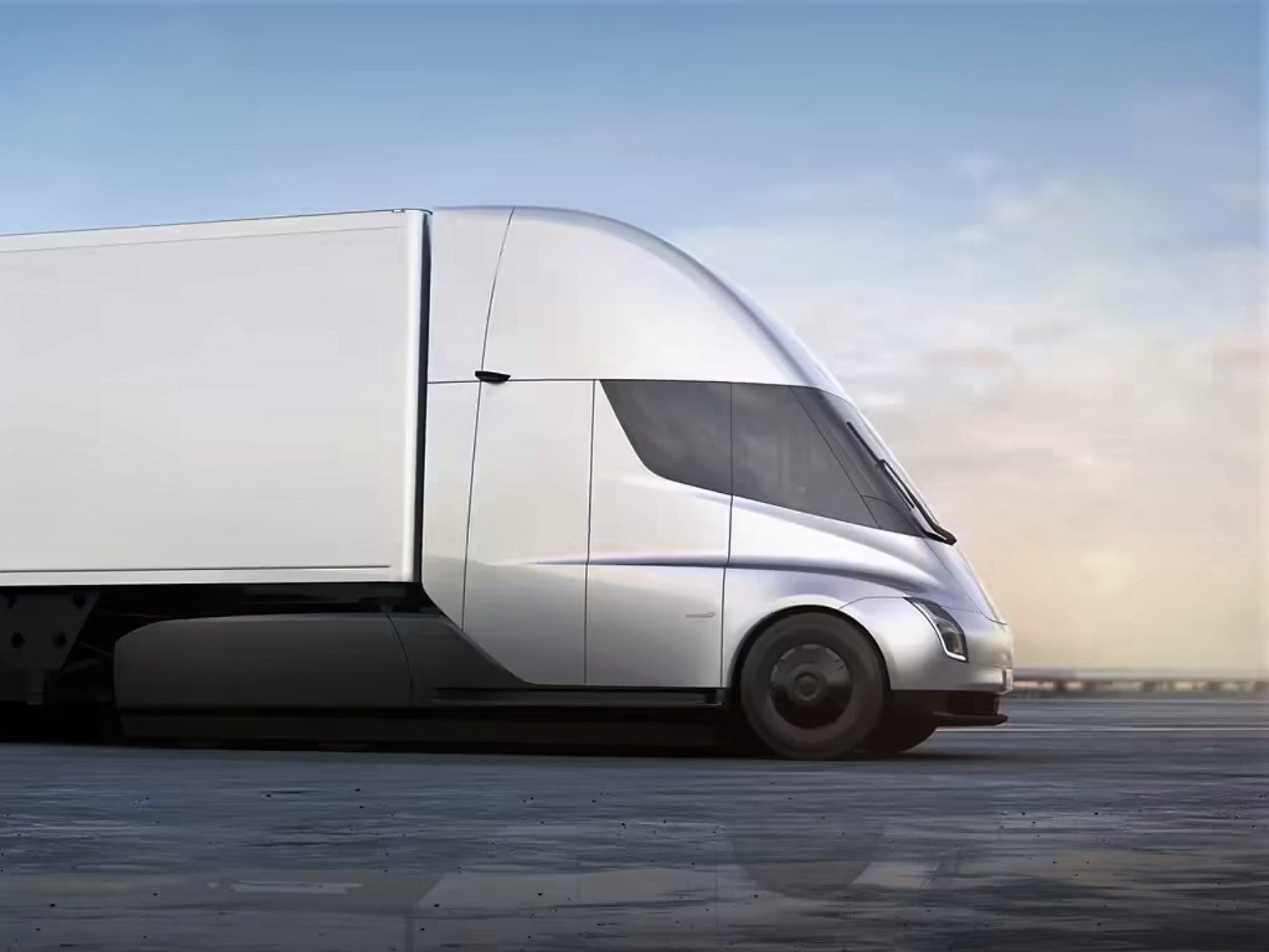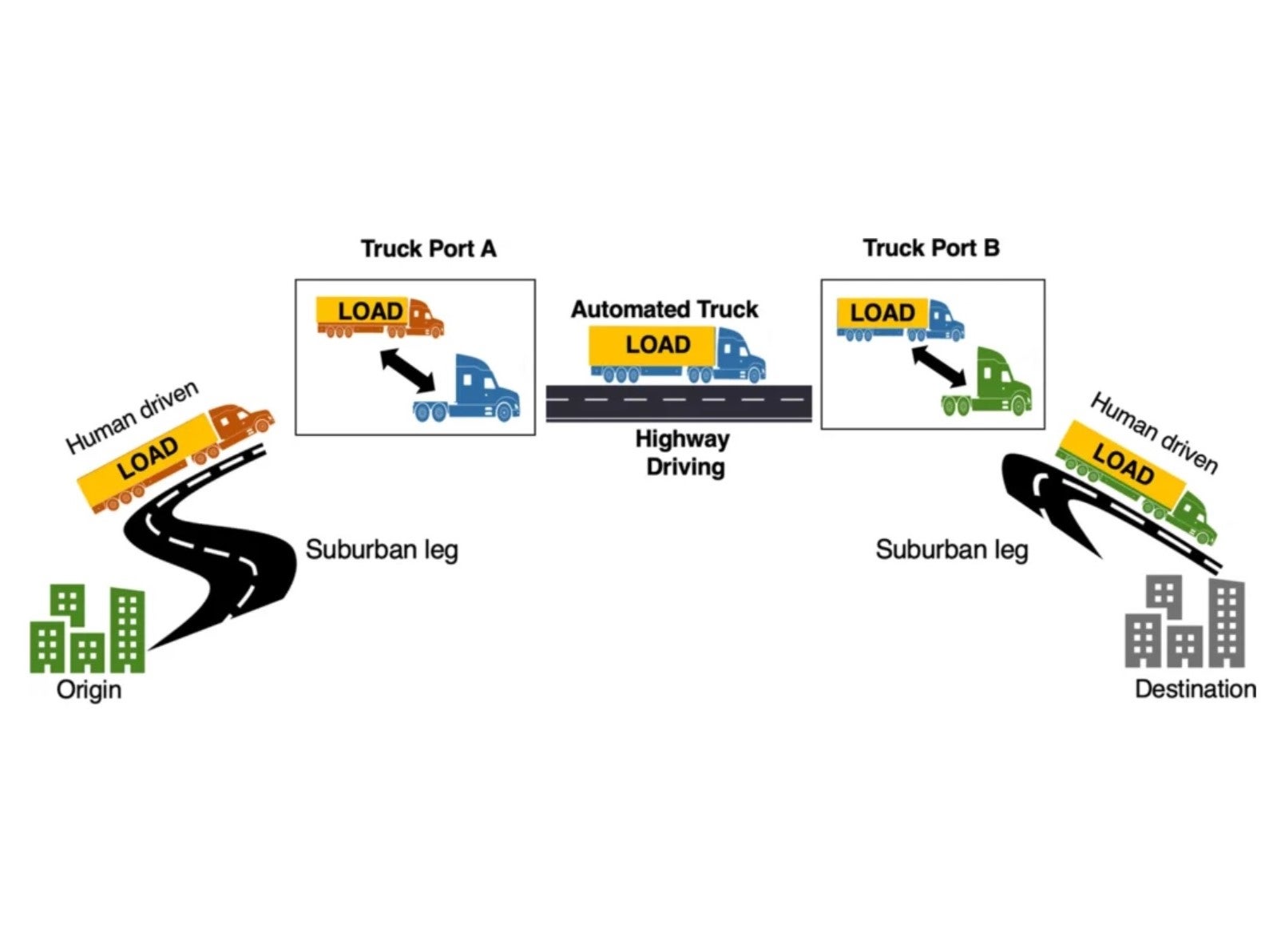The Independent's journalism is supported by our readers. When you purchase through links on our site, we may earn commission.
Self-driving trucks will leave half a million unemployed, study warns
‘Political choices can determine the winners and losers of any shift to automation of long-haul trucking,’ says study author

Driverless trucks could replace 90 per cent of human drivers over the coming years, according to new research into advances in self-driving technology.
The study from the University of Michigan and Carnegie Mellon University looked at current trends to asses the impact of automation on long-haul trucking, comprising journeys of more than 150 miles.
It found that up to 500,000 human jobs in the US could be replaced by the introduction of autonomous driving systems for long sections of interstate driving.
Taking 2017 data from the US Bureau of Transportation Statistics, US Census Bureau and US Department of Commerce, the researchers calculated different trucking deployment scenarios across the continental United States.
“Our study is the first to combine a geospatial analysis based on shipment data with an explicit consideration of the specific capabilities of automation and how those might evolve over time,” said Aniruddh Mohan, a doctoral candidate in engineering and public policy at Carnegie Mellon and co-author of the study, which was published in the journal Humanities and Social Sciences Communications.
One scenario involved using a driverless truck for the long highway section of the journey, while only using human drivers for the more complicated suburban and urban segments at the start and end of the trip.

The researchers were surprised to find that many of the truck drivers interviewed for the study agreed that large parts of their job could be replaced by a robot.
“Our results suggest that the impacts of automation may not happen all at once,” said Parth Vaishnav, an assistant professor at the University of Michigan.
“A key finding was just how economically attractive this technology would be and the fact that everyone, including truckers, agreed that the interstate part of the job could be automated.
“Ultimately, societal and political choices can determine the mode of deployment of automated trucking capabilities, as well as the winners and losers of any shift to automation of long-haul trucking.”

Join our commenting forum
Join thought-provoking conversations, follow other Independent readers and see their replies
Comments